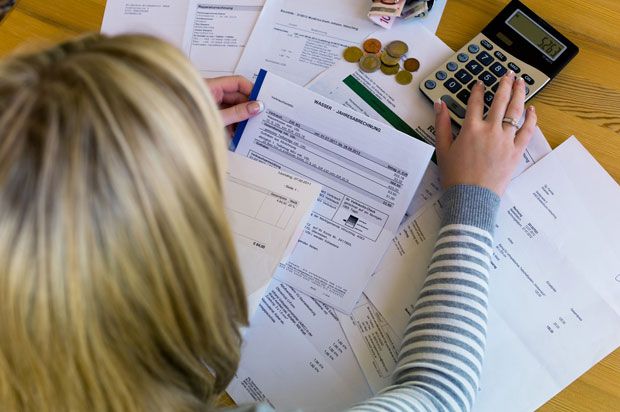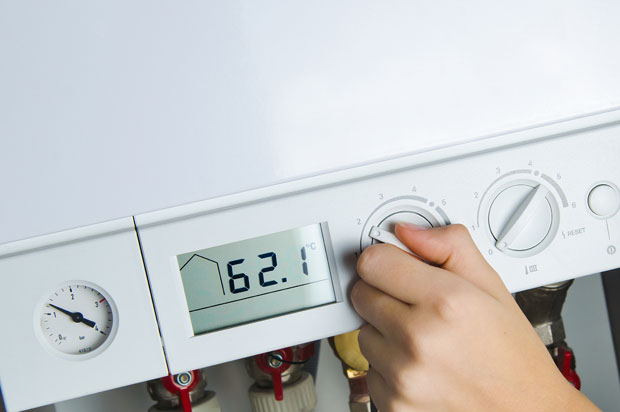Types of household bills
When moving away from home for the first time, you can expect to get hit with all manner of bills. Know what you're getting into.

Can. I. afford. beer?
It’s important you get advice as soon as you start to build up arrears (missed payments) with your rent or bills. An advice centre can help you sort out your debts, and getting advice can prevent you losing your home or having your heating cut off.
Council Tax
Council Tax is a tax on where you live. Your bill will depend on the value of the room, flat or house you live in and how many people live with you. If you live on your own, you will get a 25% reduction. Those people with the lowest incomes and students will usually pay no council tax as they will be eligible for a 100% rebate. Call your local council to find out where you stand.
Connection charges
You may be asked to pay a connection charge for electricity, gas or the telephone when you move in. It can be pricey unless you’re sharing the costs with other people.
Heating bills
You may be asked to pay a security deposit by some electricity or gas companies. There are different ways of paying gas and electricity bills. Ask about these when you move in. Bills are usually paid every three months (quarterly). To make it easier you could open a post office account and put money aside each week towards the bills. But it is also possible to pay monthly: buy stamps each week, use a card meter or have money taken direct from your income support. Check with your gas and electricity company to find out which way is best for you.
Water rates
If you are in a private rented flat, an amount for water rates may be included in your rent. Check this with your landlord, and look at the small print of the contract. If you are getting your rent paid by housing benefit, they will not pay anything towards your water rates, even if it is included in your rent. You will probably have to pay the difference to your landlord. It is usually about two or three pounds a week. Other tenants may have to pay water rates directly to the water company. If you do, contact them to see if you can pay it weekly or monthly.
Internet bills
If you get broadband internet then you don’t have to worry about how much time you spend online, and can split the monthly payment equally between everyone in your house. It’s annoying but to get the internet you usually have to get a house phone line too, even if you use your mobile pretty much all the time. So get a broadband contract which includes as little free phone time as possible – like just free evening and weekend calls – then it won’t bother you as much if you’re not using the line.
Direct debits
If you know your account will have enough money in it to cover bills you could set up direct debits to pay them all which takes all the hassle of having to remember to pay each month. You often get discounts for doing this too, however do read your bills when they come through for overcharging or in case they suddenly start rocketing. If you live in a shared house don’t be the one person who takes on the responsibility of paying all the bills this way as you’ll be the one left out of pocket waiting for everyone else to cough up their share.
Old tenants’ debts
If you have trouble connecting the phone etc due to large debts left by previous tenants, you need to tell the phone company that you are a new tenant who is not responsible for the previous tenants’ debt. You may need to get your landlord or letting agency to back you up on this. It’s a pain, but you will be able to sort it out eventually.
And the rest
You may also be expected to pay a share of the television licence, cable or satellite TV connection, internet connection deals, and rental of items such as washing machines. And don’t forget to budget for mobile phone bills.
Photo of bills by Shutterstock
Next Steps
- Use the Money Helper's budget planner to take charge of your finances.
- Chat about this subject on our Discussion Boards.
By
Updated on 29-Sep-2015
No featured article












